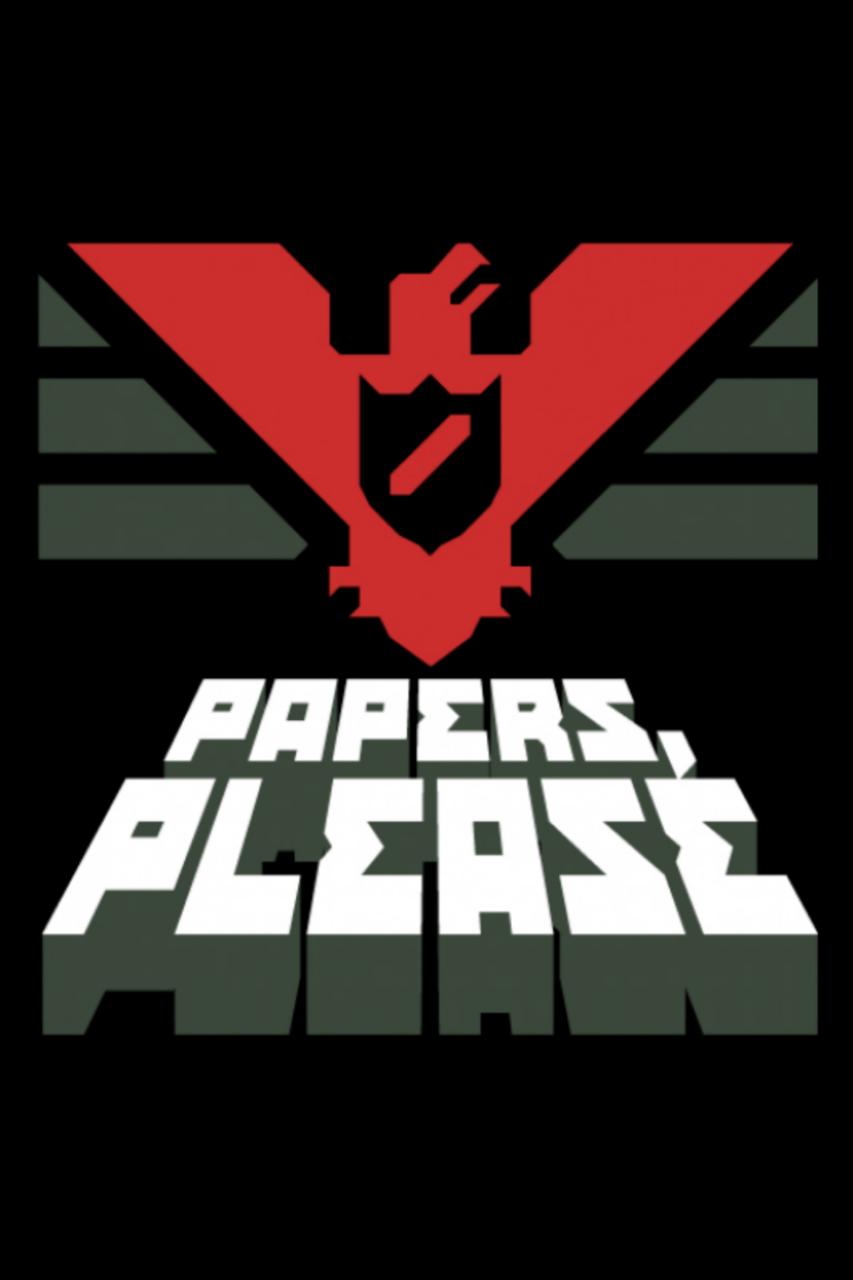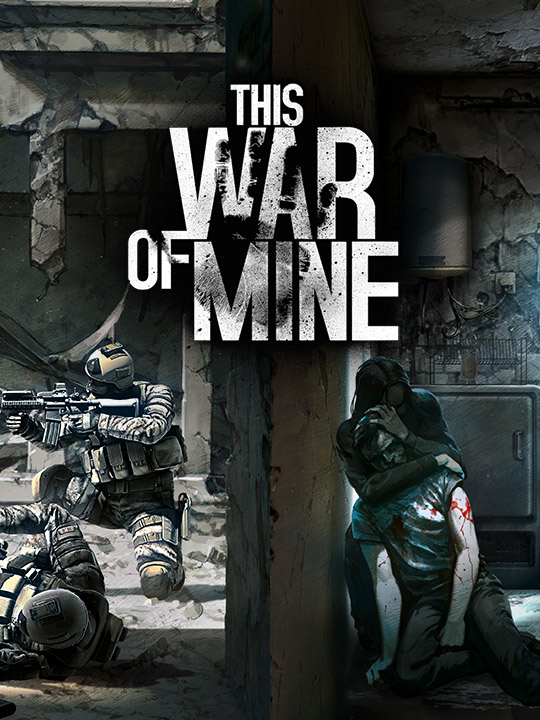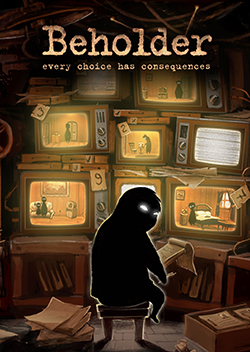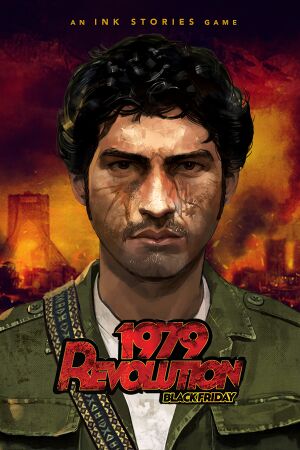In “Human Rights & Pop Culture Club,” Fund staff recommend the books, articles, films, and podcasts that help them understand the world and inform their work. This week, Nick Hoare, the Fund’s digital communications manager and resident gamer, finds lessons about empathy, kindness, and human rights in indie video games.
Video games are often dismissed as harmful entertainment or a frivolous waste of time, but gaming can also be a powerful tool for empathy-building and education. Multiplayer games can bring players from different cultures and countries together in the spirit of friendly competition and collaboration. The interactive nature of games can deeply immerse players in new cultures, new realities, and new possible futures.
The boundaryless nature of online multiplayer gaming is why young people have decided to raise their collective voices against apartheid and genocide in games like Roblox. But the depth of experience that gaming offers can also be exploited—it’s one of the reasons the U.S. military is using first-person-shooter games to target new recruits.
As a part-time gamer, I thought I’d spotlight a few games—particularly from indie developers—that put players in challenging ethical situations and offer routes to victory through choices that align with human rights values.
Papers, Please
A game about immigration papers might not sound fun, but Papers, Please has been heralded for building empathy for people on the move. In it, players are tasked with reviewing travelers’ passports and visas at the border of a fictional Soviet-style republic. Players choose to either let refugees lacking required paperwork into the country—risking arrest by the authorities—or to follow restrictive immigration policies and ignore the needs and rights of people seeking safety. Players can even choose to become a refugee themselves, fleeing the draconian regime for a neighboring country where fundamental freedoms and human dignity are respected.
This War of Mine
This War of Mine is a war game, yes, but from a bold new perspective. Instead of handing players a virtual firearm and uniform, it centers the experiences of civilians in conflict and the struggles they face to survive. The title, by Polish developers 11 Bit Studios, explores the dangers civilians face as they try to meet their fundamental needs during wartime, like finding shelter, water, and food. Players can choose to collaborate with other survivors and pool resources to improve their chances of survival. The game confronts players with the human rights violations that civilians often face during armed conflict, including the rights to life, security, and freedom from torture.
Beholder
Beholder, published in 2016, is an adventure game about life in an imagined totalitarian police state. Inspired by dystopian fiction, players adopt the role of a government-installed landlord called Carl who is tasked by the authorities to bug his tenants’ apartments and inform on them. Tenants found to be violating oppressive laws on expression are imprisoned or killed. Players can choose to blindly follow the commands of the government, prioritizing their own survival and greed over the human rights and lives of their fellow citizens. Or they can choose to side with the people and try to encourage resistance to oppression. If players choose to oppose the authoritarian government, they can foster a revolution that brings greater respect for the rights of individuals against a behemothic state, particularly the rights to privacy and equality before the law.
1979 Revolution: Black Friday
In 1979 Revolution: Black Friday, players adopt the role of an Iranian photojournalist caught up in the Iranian Revolution. The player must choose between remaining a dispassionate photographer of events or actively participating in strikes, protests, and opposition to human rights violations under martial law. Created by Iranian-Canadian creator Navid Khonsari, who experienced the revolution as a child in Iran, the game has been praised for its interactive documentary-style storytelling and use of real photographs and recordings from the time to educate players on what life was like. The ethical dilemmas faced by the player are complex, with few clear-cut choices between good and evil. Instead, the game reveals how difficult it can be for “good” people to remain free from corruption in times of crisis.
Sign up to our newsletter
Add some impact to your inbox.



